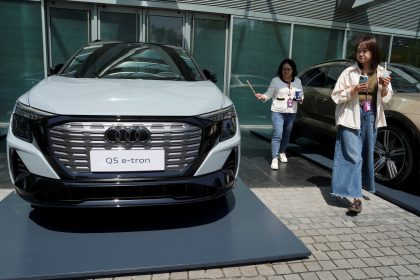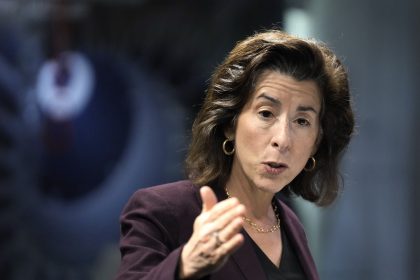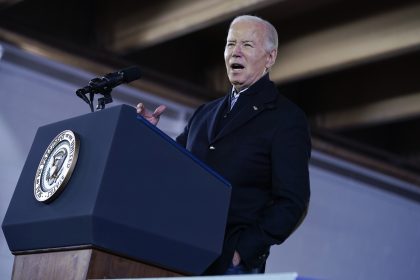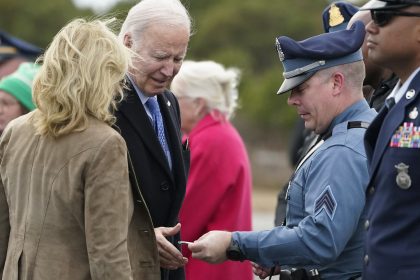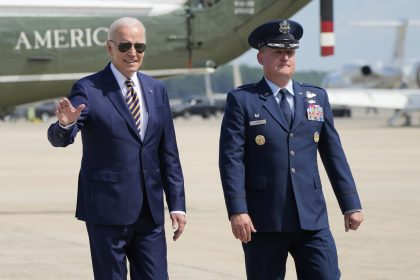Administration Awards $2.8B to Foster Domestic EV Battery Manufacturing
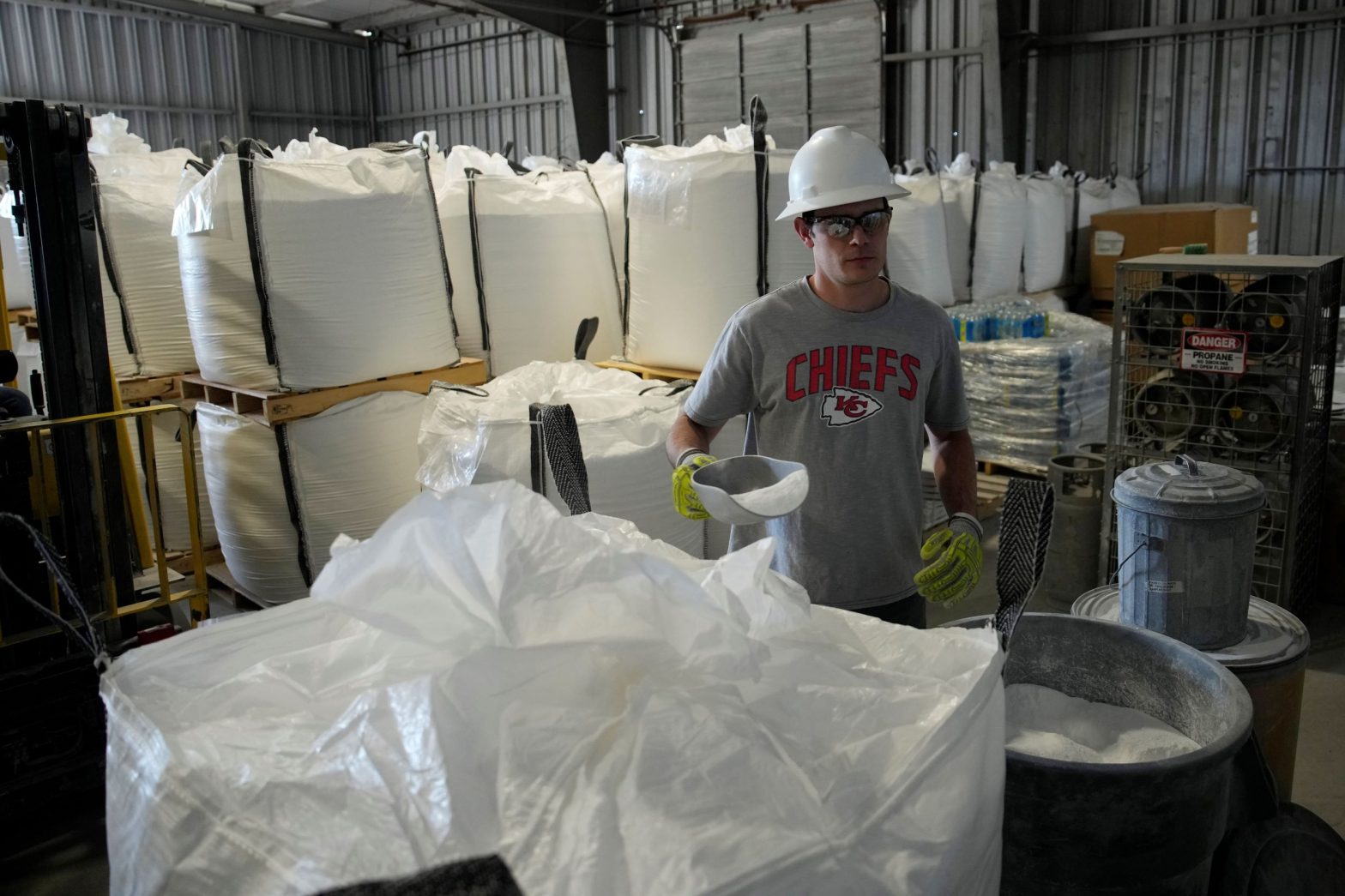
WASHINGTON — The Department of Energy last week awarded $2.8 billion to 20 companies to build and expand commercial-scale facilities in 12 states to extract and process lithium, graphite and other battery materials, manufacture components, and demonstrate new approaches, including manufacturing components from recycled materials.
The federal investment will be matched by recipients to leverage a total of more than $9 billion to boost American production of clean energy technology, create good-paying jobs and support President Biden’s goal of transitioning to a net-zero emissions economy by 2050, the department said in a press release.
“This is truly a remarkable time for manufacturing in America, as President Biden’s agenda and historic investments supercharge the private sector to ensure our clean energy future is American-made,” said Energy Secretary Jennifer Granholm in a written statement.
“Producing advanced batteries and components here at home will accelerate the transition away from fossil fuels to meet the strong demand for electric vehicles, creating more good-paying jobs across the country,” she added.
Although plug-in EV sales have tripled since Biden took office, the U.S. still depends on foreign sources for many of the processed versions of critical minerals needed to produce EV batteries.
The funded projects include U.S. processing and recycling of critical minerals to support domestic manufacturing.
According to the Energy Department, “Responsible and sustainable domestic sourcing of the critical materials used to make lithium-ion batteries — such as lithium, cobalt, nickel and graphite — will strengthen the American supply chain, accelerate battery production to meet increased demand, and secure the nation’s economic competitiveness, energy independence and national security.”
The funding for the selected projects will support:
- Developing enough battery-grade lithium to supply approximately 2 million EVs annually.
- Developing enough battery-grade graphite to supply approximately 1.2 million EVs annually.
- Producing enough battery-grade nickel to supply approximately 400,000 EVs annually.
- Installing the first large-scale, commercial lithium electrolyte salt (LiPF6) production facility in the United States.
- Developing an electrode binder facility capable of supplying 45% of the anticipated domestic demand for binders for EV batteries in 2030.
- Creating the first commercial-scale domestic silicon oxide production facilities to supply anode materials for an estimated 600,000 EV batteries annually.
- Installing the first lithium iron phosphate cathode facility in the United States.
Currently, virtually all lithium, graphite, battery-grade nickel, electrolyte salt, electrode binder and iron phosphate cathode materials are produced abroad, and China controls the supply chains for many of these key inputs.
Of the 20 companies selected, five will build new facilities in disadvantaged communities, and 15 in locations adjacent to disadvantaged communities.
Additionally, six announced projects have established goals for hiring residents of disadvantaged communities into permanent roles, and 13 included commitments to negotiate Community Workforce Agreements.
These agreements are focused on engagement with host communities, labor unions and/or tribal entities, to agree on community benefits and implementation plans.
At least two funded projects have collective bargaining agreements for both construction and ongoing production jobs, and an additional nine projects have committed to labor neutrality, with two applicants already pursuing Project Labor Agreements with unions representing their workers.
The funding is the first phase of $7 billion in total provided by the president’s bipartisan infrastructure law to strengthen the domestic battery supply chain by supporting upstream materials processing to create the precursor materials for batteries.
In related news, Biden announced last week that the administration is launching a new American Battery Materials Initiative, a dedicated effort to align federal investments and activities, domestic and international, to accelerate the development of the full end-to-end battery supply chain, including the critical minerals and materials we need to meet production and deployment goals.
The initiative will be led by the DOE, with support from the Department of the Interior, and work closely with the Partnership on Global Infrastructure and Investment and the Department of State to align and leverage dozens of programs and efforts across the federal government to support and grow the battery supply chain, including resources through the bipartisan infrastructure law and Inflation Reduction Act.
The initiative aims to coordinate domestic and international efforts to accelerate permitting for critical minerals projects, ensuring that the United States develops the resources the country needs in an efficient and timely manner, while strengthening tribal consultation, community engagement and environmental standards.
Dan can be reached at [email protected] and @DanMcCue



















